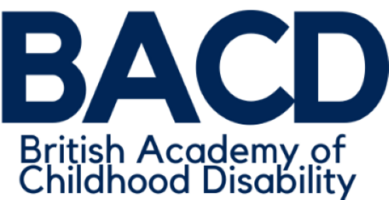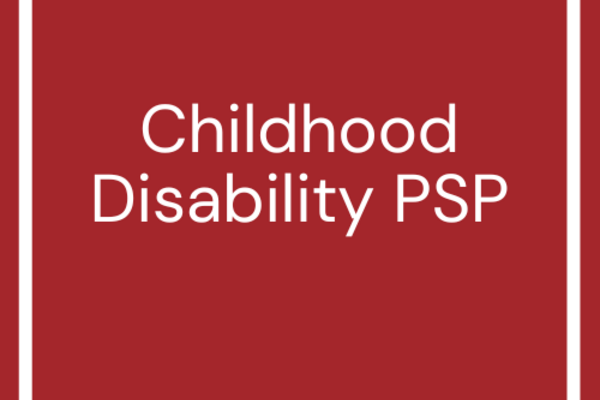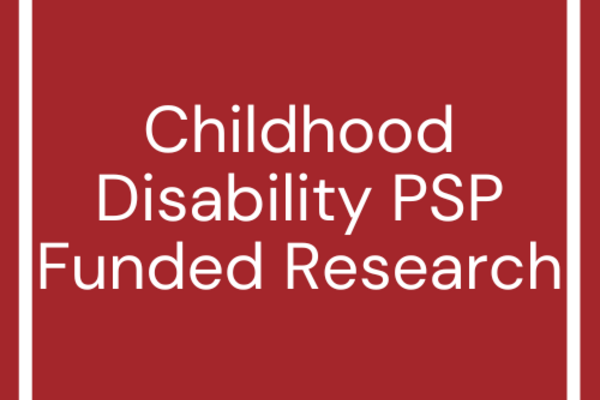Priority Setting Partnerships bring patients, carers and clinicians together in specific conditions to identify and prioritise the top 10 'unanswered questions', about the effects of treatments that they agree are most important. The top 10 'unanswered questions' are then perceived as a priority for research.
In 2012, the BACD Strategic Research Group ran a Childhood Disability Research PSP, in conjunction with the James Lind Alliance, focusing on ‘neurodisability’. The aim of the PSP was to identify the unanswered questions about the effectiveness of interventions for children and young people affected by neurodisability from patient, parent carer, and clinical perspectives.
Find out about the childhood disability research funded as a direct result of the BACD-JLA Childhood Disability Priority Setting Partnership here.
Current Priority Setting Partnerships
Childhood Physical Disability (Canada)
Developmental Coordination Disorder
Youth Gender Diversity (survey closes December 2025)
Completed Priority Setting Partnerships
Childhood Disability British Academy of Childhood Disability
Childhood Deafness and Hearing Loss National Deaf Children's Society
Childhood Neurological Conditions British Paediatric Neurology Association
Developmental Language Disorders Royal College of Speech & Language Therapy
Dysphagia Royal College of Speech & Language Therapy
Learning Disabilities Royal College of Speech & Language Therapy
Learning Difficulties (Scotland) Salveson Mindroom Centre and University of Edinburgh
Mental Health in Children and Young People McPin Foundation
Neurodevelopmental Disorders (Canada) Ontario Brain Institute
Occupational Therapy Royal College of Occupational Therapists
Paediatric Lower Limb Surgery British Society for Children’s Orthopaedic Surgery (BSCOS), British Orthopaedic Association and Oxford Biomedical Research Centre
Scoliosis Management Scoliosis Association (UK), British Scoliosis Research Foundation, NIHR Oxford Biomedical Research Centre, NIHR Oxford Musculoskeletal Biomedical Research Unit
UK Epilepsy Epilepsy Research UK





